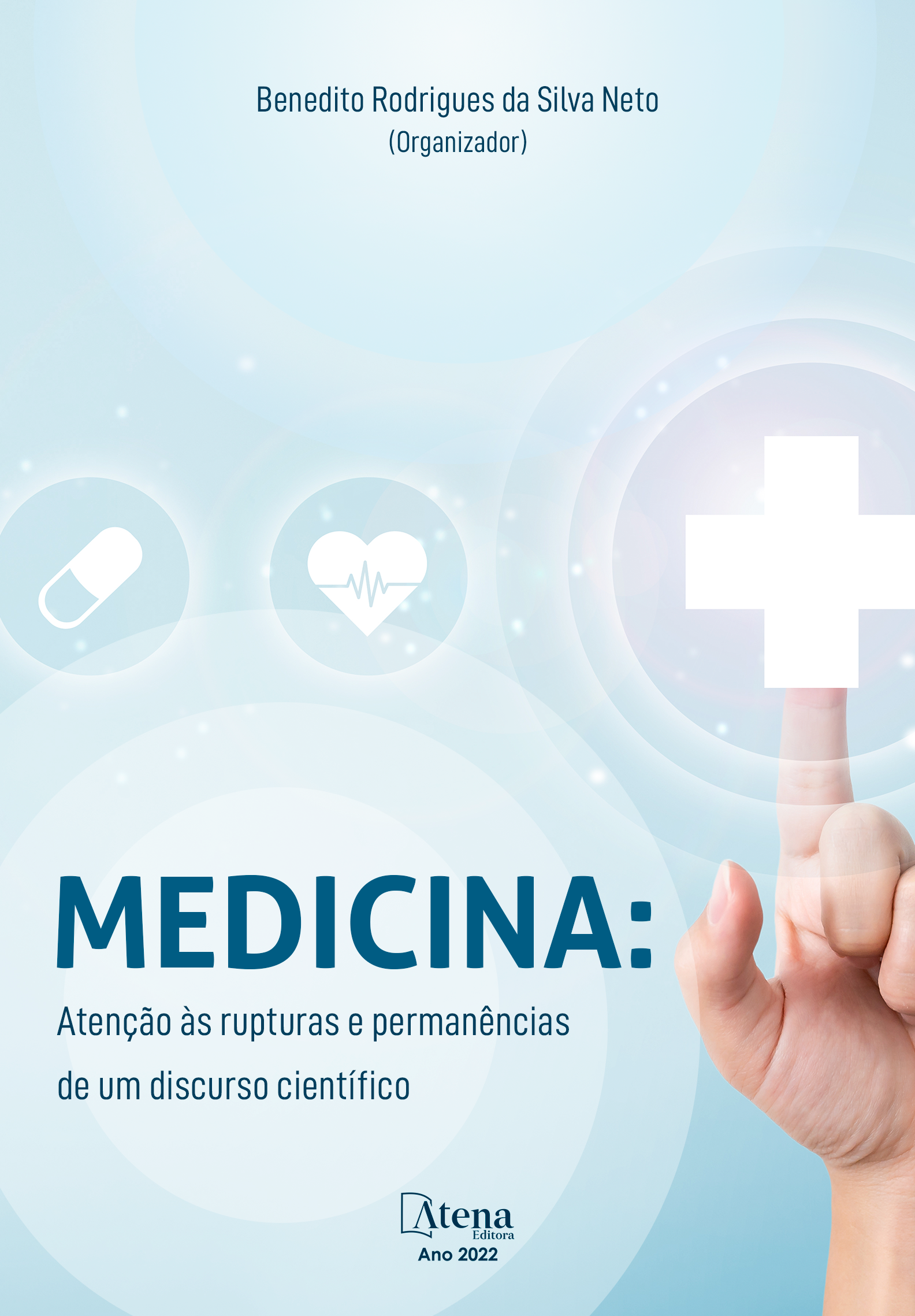
COMUNICAÇÃO DE MÁS NOTÍCIAS EM MEIO A PANDEMIA POR COVID-19: UMA ANÁLISE BIOÉTICA
O aumento do número de mortes e da demanda de leitos nos hospitais em decorrência da COVID-19 contribuiu para que os médicos se tornassem o apoio emocional da população, gerando uma alta pressão sociopsicológica que afetou a produtividade e a qualidade de vida. Objetiva-se, portanto, avaliar condicionantes da saúde mental dos profissionais de saúde e sua influência no processo de comunicação de más notícias durante a pandemia, de maneira a analisar os princípios e referenciais bioéticos que se sobressaem neste contexto. Trata-se, então, de uma revisão sistemática, em que se fez uso dos descritores "Bioética" OR "Comunicação em saúde" AND "COVID-19”, com filtros para os idiomas inglês, português e espanhol nas bases de dados SciELO, LILACS e MEDLINE via Pubmed. Nos critérios de inclusão, considerou-se artigos entre 2019 e 2022, que abordassem a comunicação e a relação dos profissionais de saúde e familiares dos pacientes infectados. Pelos critérios de exclusão, desconsiderou-se trabalhos relacionados a assuntos políticos, meios de comunicação e outras áreas de saúde. Em suma, foram encontrados um total de 142 artigos, dos quais foram pré-selecionados 97, por meio dos resumos e títulos e 34 artigos pela leitura integral, condizentes com os critérios de inclusão e exclusão e estrutura metodológica adequada. Dessa forma, a comunicação humanizada, visando aliviar o sofrimento, juntamente ao contato virtual entre pacientes e seus familiares poderá ter princípios terapêuticos. Contudo, poucos hospitais possuem estrutura para esse processo e nem todos os médicos estão aptos para essas situações, fato que pode interferir na relação médico-paciente gerando consequências. Assim, enfatizamos uma visão bioética em que os pilares para comunicar más notícias efetivamente são: Alteridade, ao lidar com as emoções de quem as recebe; Prudência ao repassar as informações respeitando o tempo do paciente; e a valorização da Autonomia da família e do paciente.
COMUNICAÇÃO DE MÁS NOTÍCIAS EM MEIO A PANDEMIA POR COVID-19: UMA ANÁLISE BIOÉTICA
-
DOI: 10.22533/at.ed.6722222085
-
Palavras-chave: Bioética. Comunicação em saúde. COVID-19.
-
Keywords: Bioethics. Health Communication. COVID-19.
-
Abstract:
The increased number of deaths and demand for hospital beds as a result of COVID-19 contributed to doctors becoming the emotional support of the population, generating a high socio-psychological pressure that affected productivity and quality of life. Therefore, aimed to evaluate conditioning factors of mental health of health professionals and their influence on the process of communicating bad news during the pandemic, in order to analyze the principles and bioethical references that stand out in this context. This is, then, a systematic review, in which the descriptors "Bioethics" OR "Health communication" AND "COVID-19" were used, with filters for the English, Portuguese and Spanish languages in the SciELO, LILACS and MEDLINE through PubMed databases. In the inclusion criteria, we considered articles between 2019 and 2022, which addressed communication and the relationship of health professionals and family members of infected patients. By the exclusion criteria, papers related to political issues, media, and other areas of healthcare were disregarded. In summary, a total of 142 articles were found, of which 97 were pre-selected by means of the abstracts and titles, and 34 articles by full reading, consistent with the inclusion and exclusion criteria and adequate methodological structure. Thus, humanized communication, aiming at relieving suffering, together with virtual contact between patients and their families may have therapeutic principles. However, few hospitals have the structure for this process and not all physicians are prepared for these situations, a fact that can interfere in the doctor-patient relationship, generating consequences. Therefore, we emphasize a bioethical vision in which the pillars to effectively communicate bad news are Alterity, when dealing with the emotions of those who receive it; Prudence when passing on the information respecting the patient's time; and the valorization of the Autonomy of the family and the patient.
-
Número de páginas: 15
- Maria Heloisa Santos Melo
- Rosamaria Rodrigues Gomes
- BRUNA TAVARES OLIVEIRA


